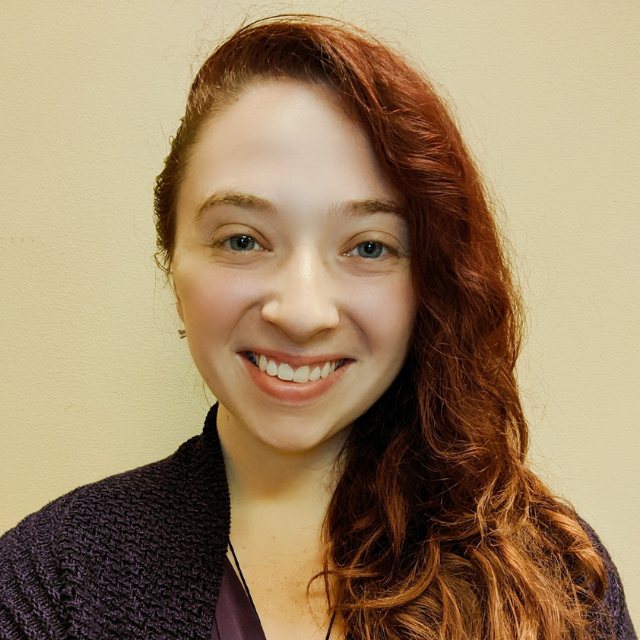Failure and giving up don’t have to go hand-in-hand
Lots of kids grow up with dreams of being a superstar—whether that’s performing sold-out concerts or being featured on the big screen. Richanne Matthews was no exception. While she never lost her interest in performing, she discovered her passions lies elsewhere, specifically in mental health.
Today, she’s about to earn her bachelor’s degree in psychology from IU Northwest. But the journey toward graduation has hardly been an easy one for Matthews. “With mental health unchecked since childhood, I spiraled in ways that led to a myriad of bad experiences,” she said. “There were lasting consequences on my emotional, academic, and even physical health. By 2017, I had flunked out of college twice.”
When we fail twice at anything, giving up starts to look like the best option. But Matthews decided to push forward. Soon, she was accepted to IU Northwest and worked two jobs while studying. On top of that, she was also the primary caretaker of her bedridden grandmother.
“Juggling full-time hours at school and a part-time assistantship was sure a test of resilience,” she said. “I know now just how resilient I can be.”
Matthews is eager to put that hard-won resilience to good use. After taking a gap year (and post-graduation trip to Niagara Falls), she plans to start applying to graduate schools. Thanks to her research experience with Maureen Rutherford, associate professor of psychology, Matthews is already set up for success.
“Before even applying to grad school, I already have a year’s experience working in research,” she said. “Dr. Rutherford has been a wonderful advisor, mentor, teacher, and even club sponsor.”
Beacon of light
Matthews said that IU Northwest has been “a beacon of light” for her. She felt connected to the community and free to express herself.
“The campus is diverse and inclusive,” Matthews said. “I felt like I could be myself and do the things I really care about—helping the LGBT+ community, supporting local non-profit organizations, and supporting at-risk youth.”
While mental health issues often hold people back, Matthews is an outstanding example of what happens when you turn your negative experiences into something positive.
“I learned as much about myself majoring in psychology as I did about the field itself,” she said. “Combining intrinsic value with a personal connection to my own mental health history helped in part to cultivate my ultimate goal—researching transgenerational epigenetics in behavioral neuroscience.”
Matthews’s story goes to show that there’s no scoreboard in life. Despite “failed” attempts, success and fulfillment are still very much possible.
